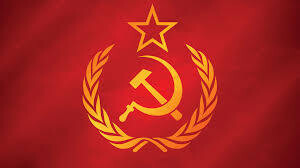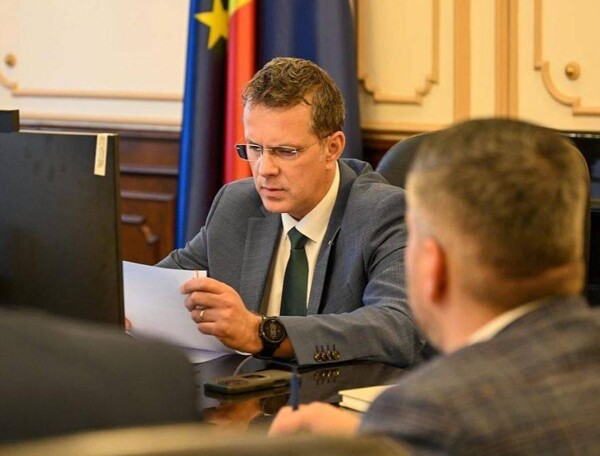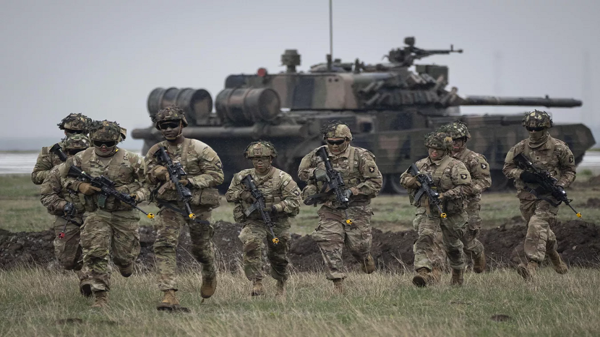
The KGB showed interest in the "liberation" movements during the years when the USSR was on the brink of collapse in 1989, with the CMP acknowledging that it received 90 percent of its funding through the KGB. Liberation Theology was a movement that originated in the KGB and was named by them. This organization bought the name and had key leaders, some of whom were known for their pastoral and intellectual work.
The KGB initiated Liberation Theology in the 1960s through a disinformation program approved by high-ranking officials of the Soviet Communist Party. They created an international organization called the Christian Conference for Peace, subordinate to the World Peace Council, headquartered in Prague. This new organization served as a platform to turn Liberation Theology into a revolutionary tool in South America.
Ion Mihai Pacepa, a high-ranking defector from Communist Romania, revealed details about the connection between the KGB and Liberation Theology in Latin America. During his years in Romanian intelligence, Pacepa managed operations related to the World Peace Council, whose funds came from Moscow and were aimed at promoting "liberation" movements in South America.
The goal behind the KGB's creation of Liberation Theology was to foster the rebellion of the poor against institutionalized poverty, thereby expanding the influence of communism in Latin America. The Medellín Conference was key in this process, recognizing and recommending this new movement to the World Council of Churches for its official endorsement.














